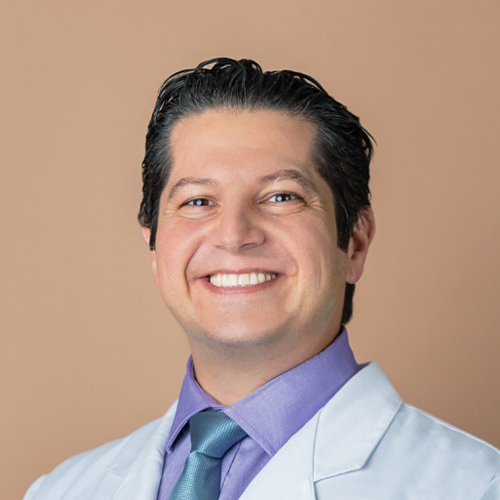Federally Qualified Health Centers deliver essential, affordable care to millions of underserved Americans, strengthening communities while lowering nationwide healthcare costs.

Ilan Shapiro, M.D., M.B.A., FAAP, FACHE
Chief Health Correspondent, Medical Affairs, AltaMed Health Services
Every morning in our community clinics, we do what many consider impossible. With limited resources and an ever-expanding set of needs, we care for those who might otherwise fall through the cracks: children with asthma, parents managing chronic illnesses, and seniors seeking dignity as they age. For many, we are not just a provider; we are their medical home. We do this work with heart, grit, and measurable results that are manifesting into healthier communities.
Federally Qualified Health Centers (FQHCs) represent one of the most effective investments in the U.S. healthcare system. According to the National Association of Community Health Centers (NACHC), each year, community health centers serve more than 32.5 million patients — nearly 1 in 10 Americans — without turning anyone away due to inability to pay. Community health centers care for those who need it most while saving billions in avoidable ER visits, hospitalizations, and untreated conditions.
Nationally, FQHCs reduce system costs by an estimated $24 billion each year. Patients seen at FQHCs experience up to 33% lower healthcare costs. Medicaid alone saves an average of $1,263 per patient annually. In California, our health centers help cut medical spending by over $1.4 billion while serving more than 7.5 million residents, many in medically underserved communities.
The effect on Hispanic communities
Nearly 40% of FQHC patients nationwide identify as Hispanic, and for many, these centers provide the only linguistically and culturally responsive care available. With persistent disparities in chronic disease, maternal health, mental health, and insurance access, FQHCs are a trusted and essential medical lifeline.
Beyond providing care, FQHCs are training grounds for future physicians, nurses, and healthcare staff. With California’s Latino physician shortage worsening, we are preparing the next generation of providers to serve communities that need them most.
Now is the time to invest in, not cut, this vital work that is essential to our nation’s health.

